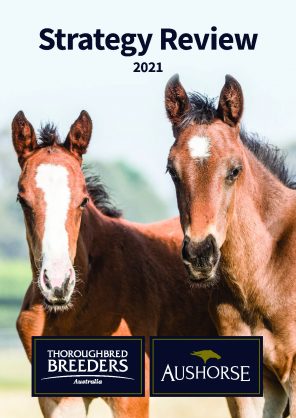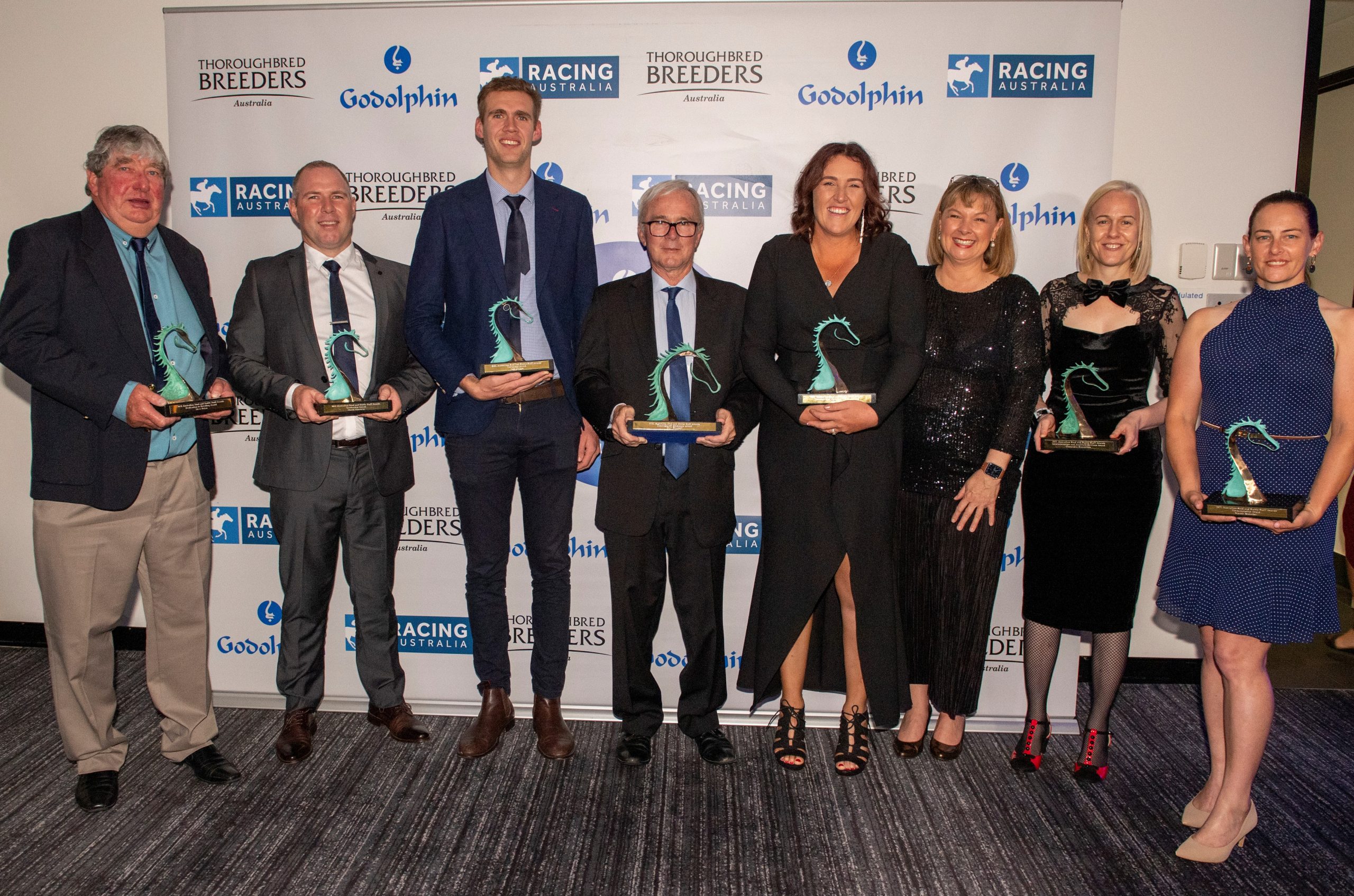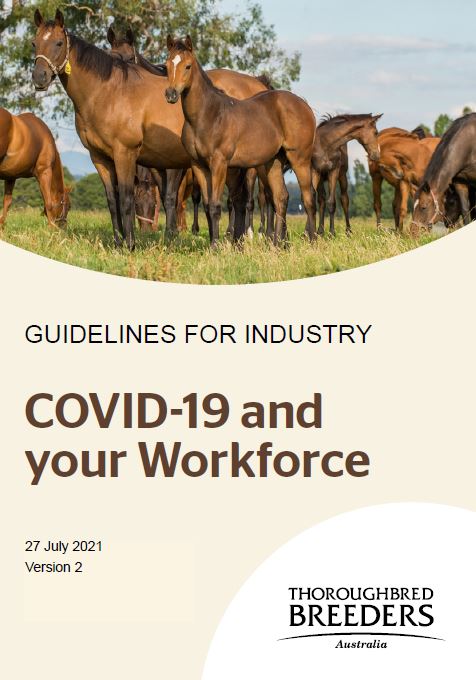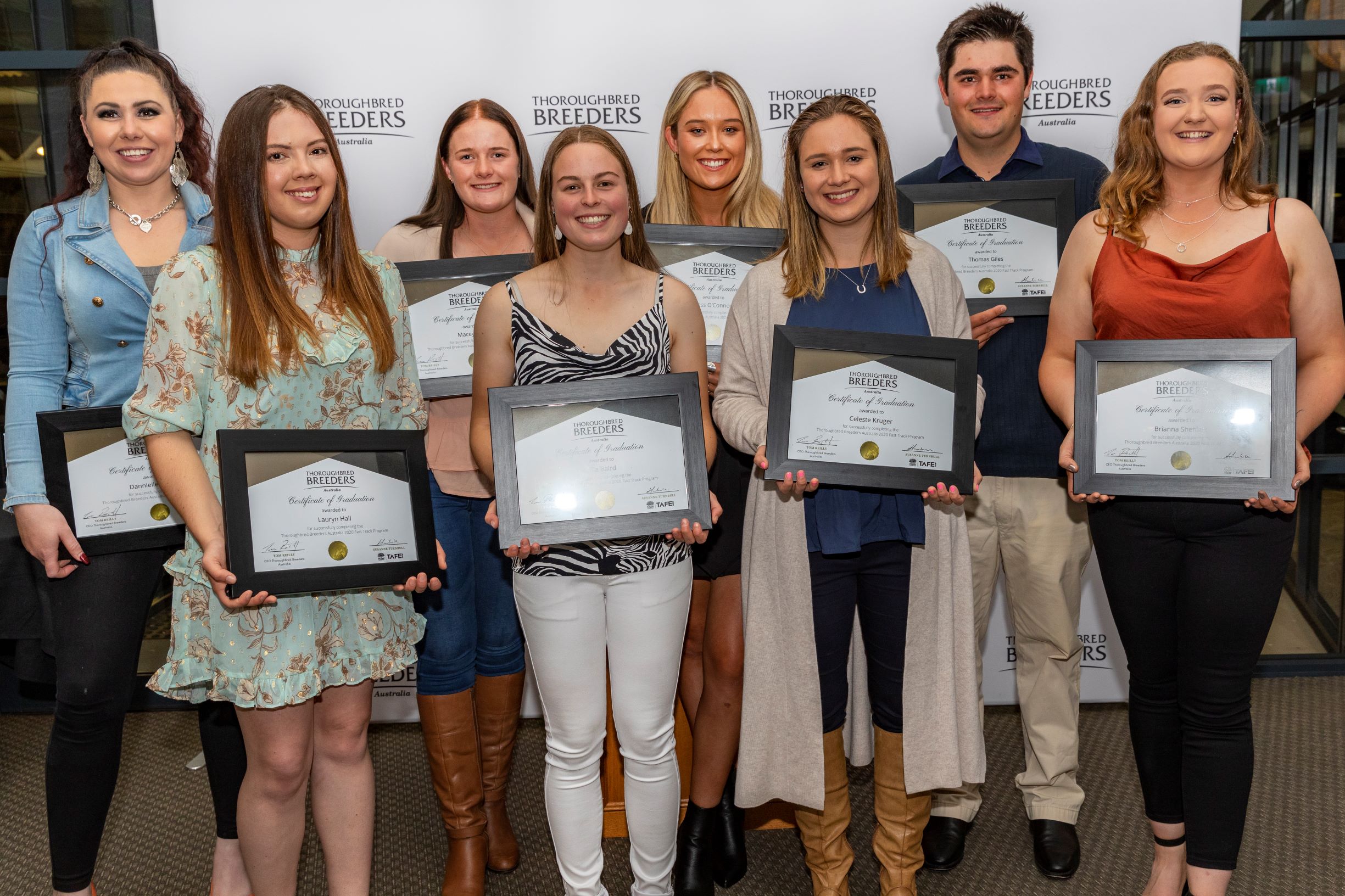Imagine waking up at 3am for work or working 12 days on, two days off. Imagine working Christmas Day, Good Friday, Easter Sunday, New Year’s Eve, or any public holiday. Sounds tough, right?
Well, this is the dedication our stud and stable staff have for the Thoroughbred and without doubt are the backbone of the thoroughbred racing and breeding industry, yet rarely are these unsung heroes rewarded or recognised by the industry for their hard work, dedication and passion.
That’s why the Stud and Stable Staff Awards (SSSA) supported by Godolphin, in partnership with Racing Australia and Thoroughbred Breeders Australia were established in 2015. Although these Awards are an international initiative spanning across five countries, in Australia alone the SSSA’s have awarded over half a million dollars in prize money to 98 finalists since its inception.
Individuals can be nominated for an Award in any of the seven categories: Leadership, Horsemanship, Dedication to Breeding, Dedication to Racing, Administration and Ancillary, Thoroughbred Care and Welfare, and the Newcomer category.
In addition, the overall Thoroughbred Excellence Award will be selected from one of the five categories, excluding Thoroughbred Care and Welfare and the Newcomer Awards. This person must have made a significant, extraordinary contribution to the industry, as demonstrated by past winners as Mark Newnham (2015), Jenny Watson (2016), Jeremy Rogers (2017), Joe Agresta (2018), David Merrick (2019), Wendy Smith (2020) and Gary Fennessy (2021).
In the last six years, 1,026 people have been nominated for contributions to an industry that now employs an estimated 230,000 people.
Magic Millions Managing Director, Barry Bowditch, said the Awards reflect the gratitude the
racing and breeding industry have for its workforce and are vital in highlighting the importance of those who are the backbone of the Thoroughbred industry.
“We work in such a great industry and it’s the people that make this industry so extraordinary. It’s Awards like this that give our staff a chance to shine, be special and be appreciated.”
This is particularly so during a period where our industry has been able to function, and indeed thrive, during a distinctively challenging period.
Nominations are now open and will be accepted until Tuesday, 15 March.
The five nominees shortlisted in each category will be named in late March. The 11 judges, who represent all parts of the racing industry, will then convene to choose two finalists in each of the seven categories. The finalists will be announced on 14 April. The category winners will then be announced at the SSSA Awards ceremony to be held at the Gold Coast Turf Club on the evening of Wednesday, 25 May.
To nominate or for more information, CLICK HERE or contact Fran Khan at sssa@studandstablestaffawards.com.au.
Award Categories:
LEADERSHIP AWARD (STUD OR STABLE) sponsored by the Victoria Racing Club
A staff member in a managerial or supervisory role who displays quality people management, mentoring and support of staff, attention to workplace health and safety, commitment to continuous improvement and displaying good business acumen. Prize: The winner receives $10,000, trophy and $1,000 to the employer to share among staff. The runner-up receives $3,000.
HORSEMANSHIP AWARD (STUD OR STABLE) sponsored by Inglis
This person displays incredible horsemanship and has shown consistency and reliability in or out of the saddle. They must have an affinity with thoroughbreds and give priority to animal welfare, demonstrate a degree of success with the thoroughbred in breeding or racing or both, that has been born out of this skill set. Prize: The winner receives $10,000, trophy and $1,000 to the employer to share among staff. The runner-up receives $3,000.
DEDICATION TO BREEDING AWARD sponsored by Magic Millions
For an individual in thoroughbred breeding who has displayed horsemanship, consistency, and reliability in a stud role. Five years’ service in the breeding industry and being pivotal in their employer’s success is required. Prize: The winner receives $10,000, trophy and $1,000 to the employer to share among staff. The runner-up receives $3,000.
DEDICATION TO RACING AWARD sponsored by the Australian Turf Club
For an individual in thoroughbred racing who has displayed horsemanship, consistency, and reliability in a racing role. Five years’ service in the racing industry and is pivotal in their employer’s success is required. Prize: The winner receives $10,000, trophy and $1,000 to the employer to share among staff. The runner-up receives $3,000.
ADMINISTRATION AND ANCILLARY SERVICE AWARD sponsored by MRC Foundation
Works in any administrative or other support service role within the thoroughbred racing and breeding sectors. This includes, but is not limited to, administration/corporate roles, journalists, marketing and media staff, sales positions, auctioneers, gardeners, veterinary practitioners, farriers, barrier attendants, horse transport, grounds staff in sales companies, breeding farms or racecourses, horse dentists and physiotherapists. Prize: The winner receives $10,000, trophy and $1,000 to the employer to share among staff. The runner-up receives $3,000.
THOROUGHBRED CARE AND WELFARE AWARD sponsored by Racing Queensland
For an individual with a demonstrated commitment to the care and welfare of thoroughbreds who are not actively racing, and/or who created greater awareness, passion, and care for the thoroughbred horse in its second/alternate career (breeding, educating, pre-and post-racing career, re-homing, retraining, providing a comfortable retirement, etc). This may be, for example, a quiet achiever (paid or volunteer) involved in retraining or re-homing of the thoroughbred. The winner is not eligible for the Thoroughbred Excellence Award. Prize: The winner receives $10,000, trophy and $1,000 to the employer to share among staff. The runner-up receives $3,000.
NEWCOMER AWARD (STUD OR STABLE) sponsored by Thoroughbred Industry Careers and Marcus Oldham College
Worked in any field in the industry for less than three years. The winner will display a passion for, pride in, and an excellent contribution to the thoroughbred industry. They will stand out from other newcomers and will be identified as a significant valuable member of this industry in the future. The winner is not eligible for the Thoroughbred Excellence Award. Prize: Thewinner receives $5,000, trophy, an educational racing experience in Dubai during March 2023* and $1,000 to the employer to share among staff. The runner-up receives $3,000. *Discretionary Prize.
THOROUGHBRED EXCELLENCE AWARD – OVERALL AWARD (STUD OR STABLE)
Selected from one of five categories, excluding Thoroughbred Care and Welfare Award, and Newcomer Award. The chosen person must have made a significant and exceptional contribution to the industry. Prize: The winner receives $5,000, trophy, and $1,000 to the employer to share among staff.




